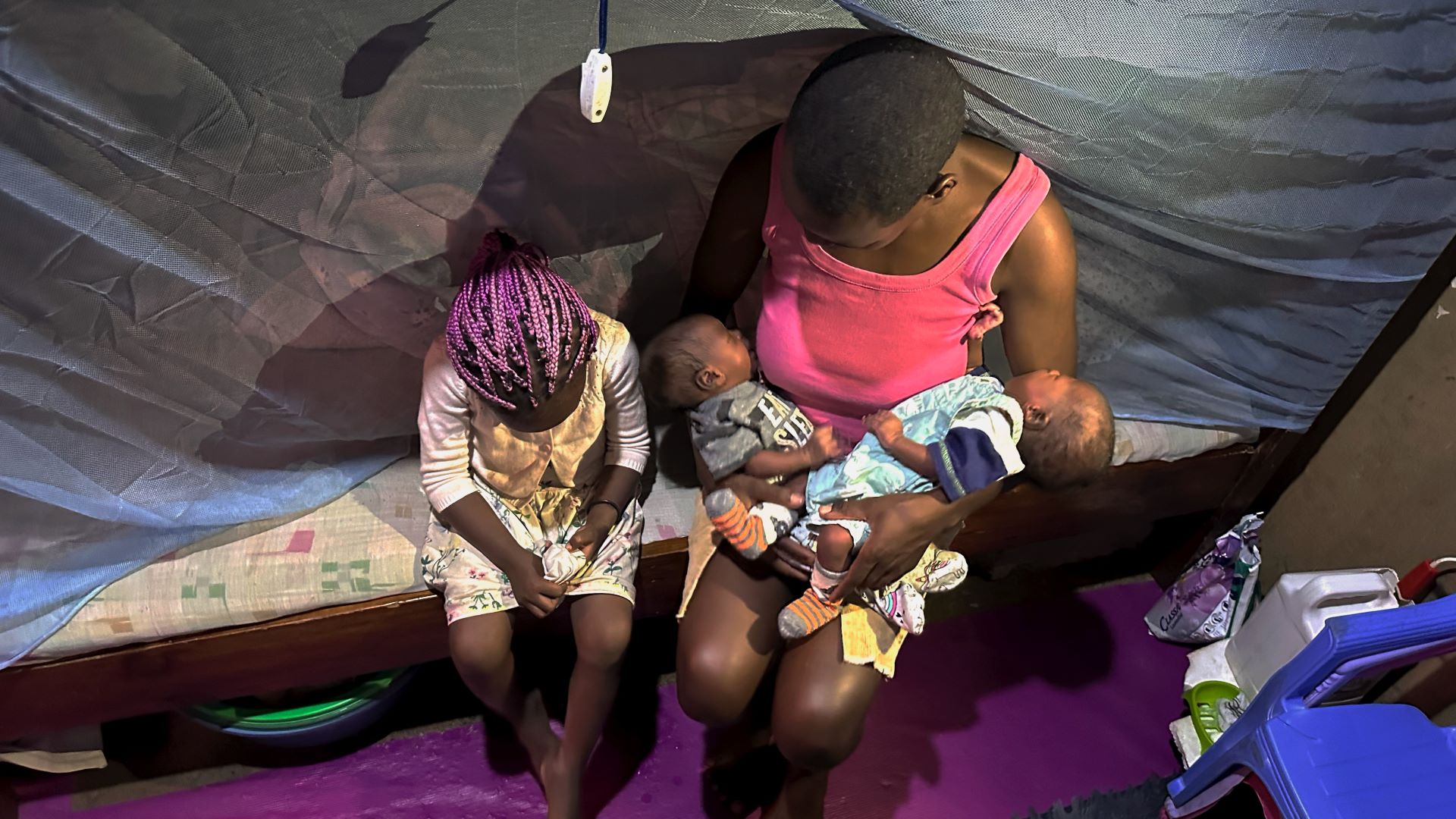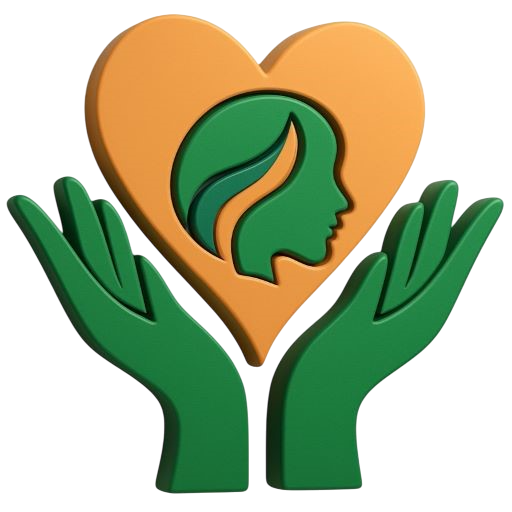My name is Delphina, I am 24 years old, and for most of my life I have wrestled with the ache of abandonment.
My mother left when I was just five, choosing the thrill of Mombasa over raising me. My grandmother became my world—her hands, her cooking, her presence—but even that comfort was taken when she passed away.
At 21, I boarded a bus to Nairobi with nothing but
hope and a bag too light for the weight of my grief. A man had sent me transport. For a short while, I stayed with him, believing I might finally belong somewhere. But it wasn’t long before the blows started—physical, demeaning, breaking me down.

I left. I rented a small house in Korogocho, determined to make a life, but with no job, no family, and a child to feed, survival pressed me into choices I never thought I’d make. But survival has a way of stripping choices.
When I became pregnant, the man who fathered my child walked away. My daughter’s small voice would tug at my heart: “Mum, are we not eating today?”
The sex trade didn’t start as a plan—it started as desperation. A friend introduced me to the bars. I remember sitting there, empty-pocketed, hoping that maybe a man would buy me a soda. And if he did, I’d beg the waiter to refund me the money instead of giving me the drink—because my daughter needed food more than I needed sweetness on my tongue. Nights blurred into a routine of bargaining with men who often refused to pay, who treated my body like it was worth nothing.
I wasn’t beaten, but the emotional toll was bruising enough.
Clients rarely paid. Some underpaid, some refused altogether. My body carried the weight of risks I didn’t choose—exposure to HIV, emotional exhaustion, financial despair. My daughter would ask, “Mum, where will we sleep tonight?” And I would feel the kind of shame that eats at your soul. I wasn’t physically assaulted in that life, but the emotional scars ran deep. especially since i had already contracted HIV.
And then, light cracked through.
I heard of Badilisha through Winnie and some women I knew. I walked in at my lowest—pregnant with twins, suicidal, and hopeless. I would lie awake thinking of ending my life, convinced my children deserved a better mother than me. One morning, with trembling hands and swollen eyes, I walked to Kariobangi. What I encountered was not charity—it was a homecoming, a place where my brokenness was not a barrier but a bridge to belonging.
Through mentorship, I began to learn my worth again—that I was not a mistake, not disposable, not defined by my past. I was reminded that I was still a mother, still a woman, still worthy of love and dignity. Badilisha placed food baskets in my hands—simple, but life-saving. The first time I carried maize flour home, I cried. My daughter no longer had to ask, “Mum, are we not eating today?” because there was always something to cook.
And something else shifted—I found sisters. The bar friendships faded, and were replaced by women who spoke life, who dreamed, who walked the same path toward freedom. I was no longer alone.
Now, my twin daughters are almost one. I run a small shop selling diapers, wipes, and tissues—products that never run out of demand. It came at the right time, a bridge from dependence to self-reliance. When I see my children healthy, laughing, and full, I feel a pride I never thought I would know.
The me today?
She is no longer the girl waiting outside bars for scraps of kindness.
She is a mother building, saving, and dreaming.
She is learning to be gentle with herself, to choose friends who lift instead of drain, and to stand tall in her worth.
I am grateful—for Badilisha, for Winnie, for every woman who sat in circle with me and reminded me that I was still whole, and for the God who has never let me go.
My tears once felt like my undoing. Now, they water the ground beneath me, fortifying me for the future I am building.
